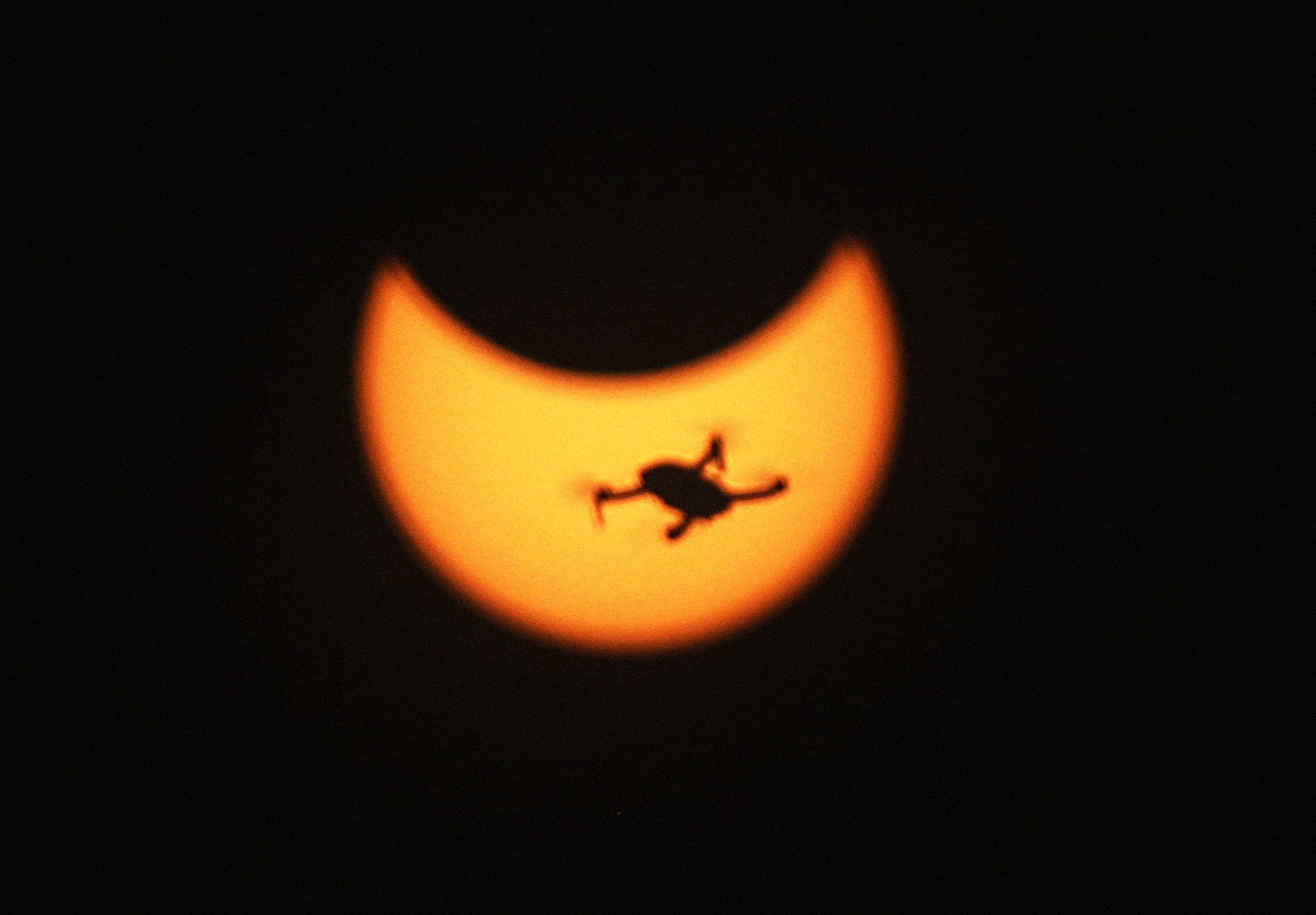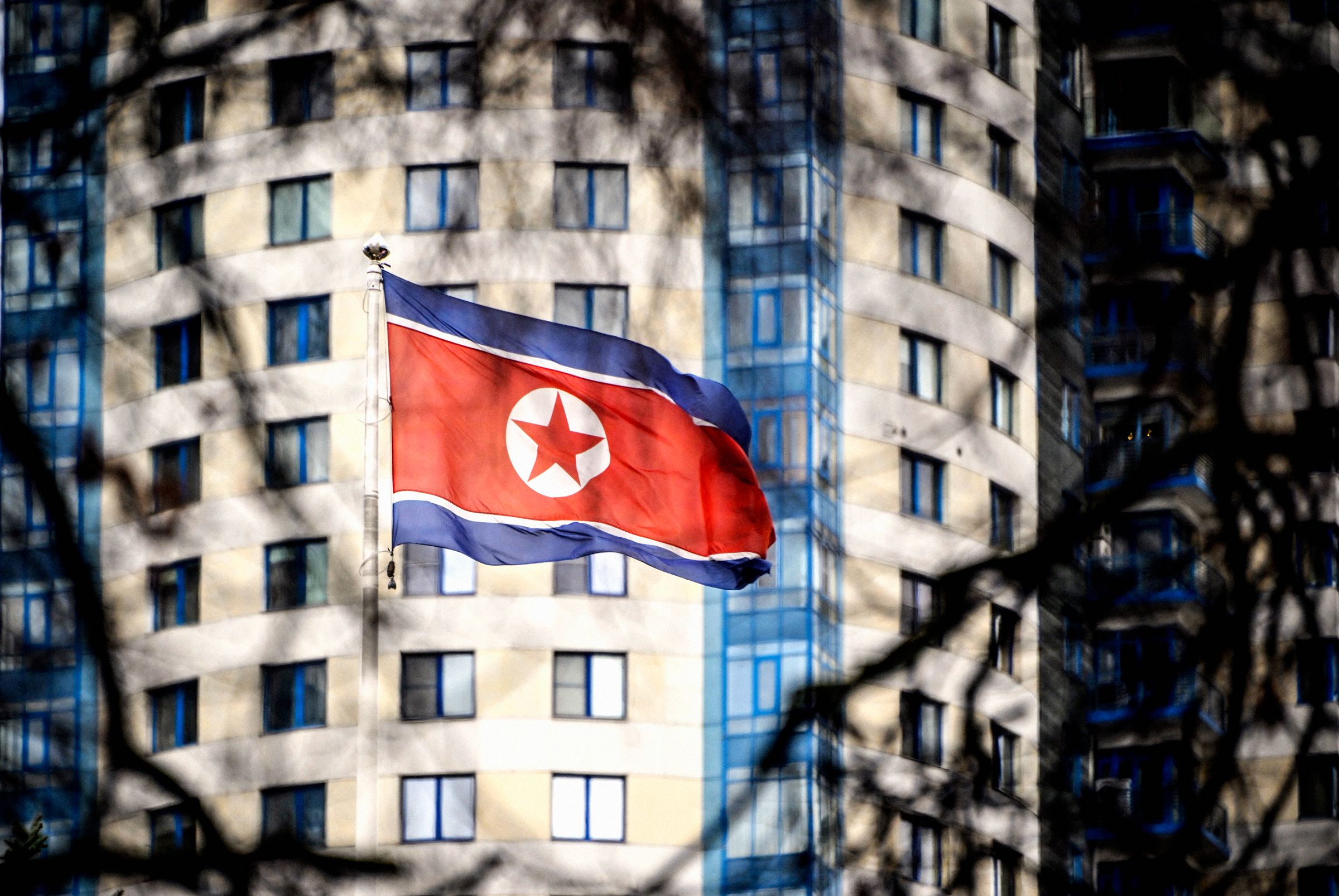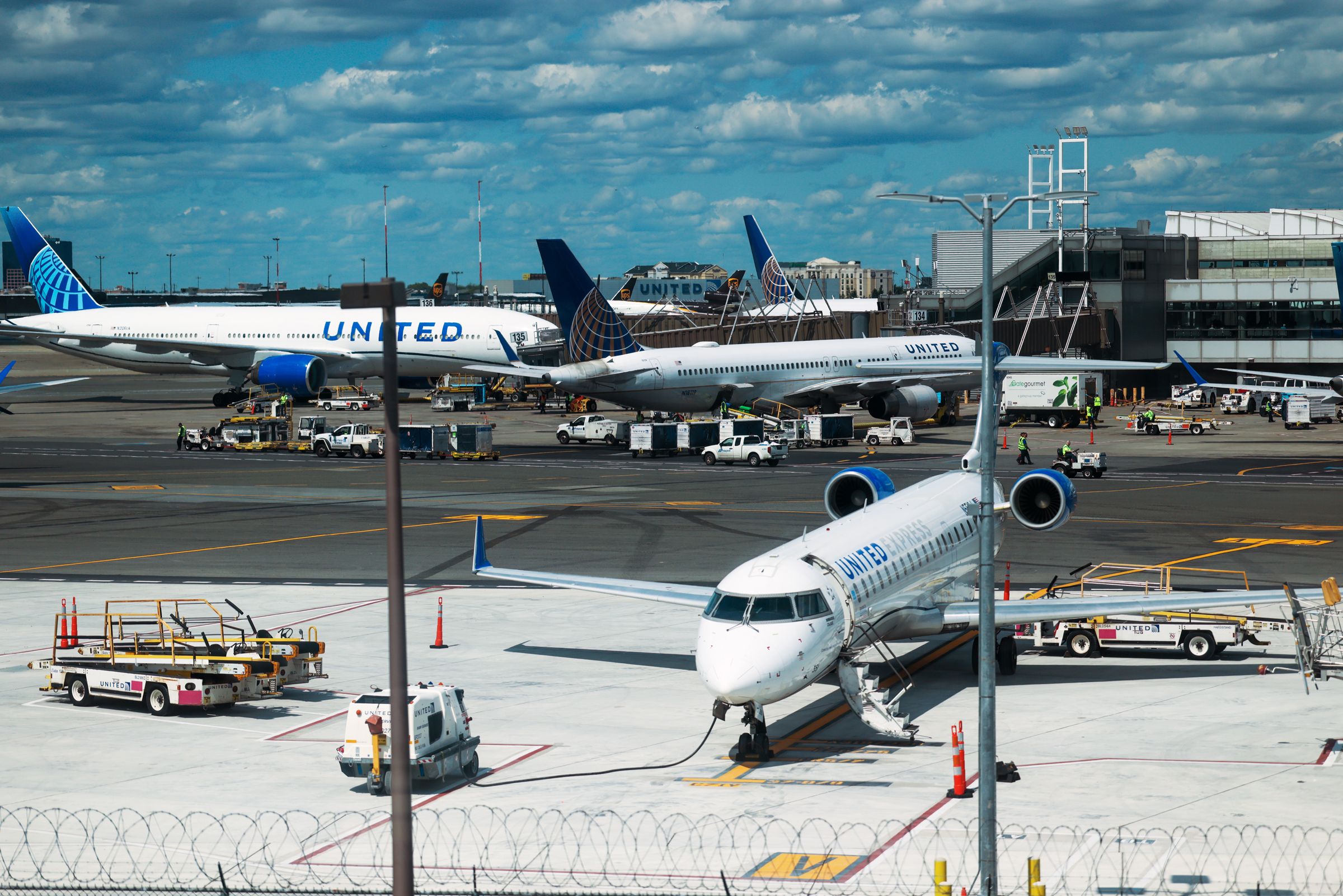The ‘Long-Term Danger’ of Trump Sending Troops to the LA Protests
The ‘Long-Term Danger’ of Trump Sending Troops to the LA Protests
President Trump’s decision to send federal troops to Los Angeles to suppress the protests has raised concerns about the long-term impact on civil liberties and the government’s use of power.
Many fear that the presence of federal troops in a domestic situation could set a dangerous precedent for future administrations to use the military to quell dissent.
Critics argue that the use of force against protesters undermines the constitutional rights of American citizens to peacefully assemble and petition the government for redress of grievances.
The escalation of violence in response to the protests may only serve to fuel further unrest and deepen the divide between law enforcement and the communities they are sworn to protect.
The decision to deploy federal troops has also sparked criticism from state and local officials who argue that it undermines their authority and autonomy in handling local demonstrations.
Furthermore, the militarization of law enforcement can erode trust between police and the communities they serve, leading to increased tensions and potential conflict.
Some worry that the use of federal troops to suppress protests could lead to a chilling effect on free speech and dissent, as individuals may become fearful of speaking out against the government for fear of reprisal.
Ultimately, the long-term danger of Trump sending troops to the LA protests lies in the erosion of democratic norms and the potential for a more authoritarian government to emerge.
It is essential for citizens to remain vigilant and hold their elected officials accountable to ensure that the fundamental rights enshrined in the Constitution are protected and upheld.


